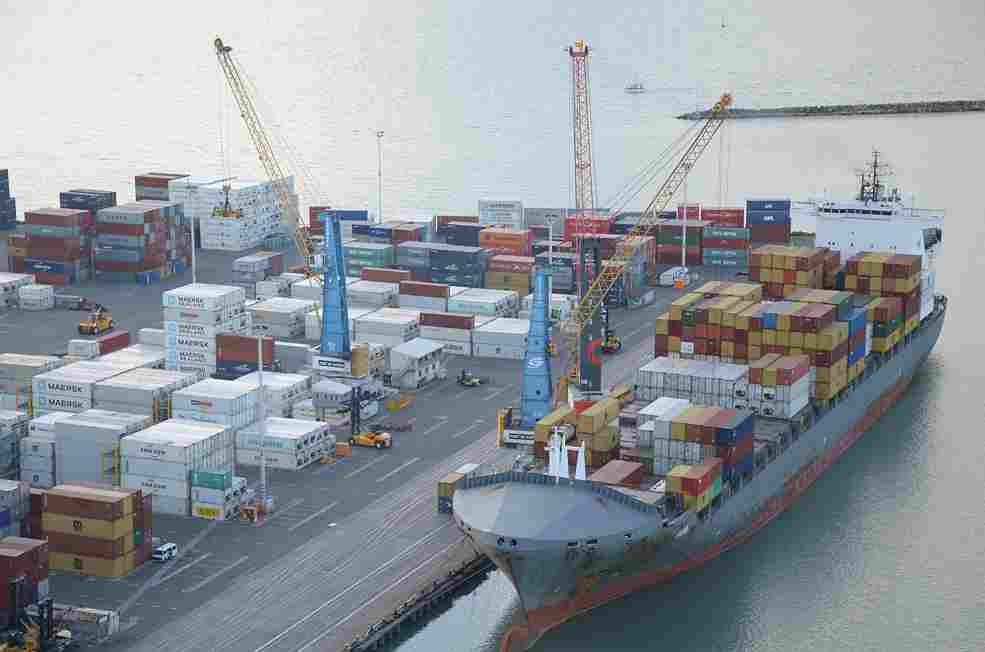
Training and Certification for Bunker Fuel Professionals
In the complex and highly regulated world of bunker fuel operations, training and certification play pivotal roles in ensuring professionalism, safety, and compliance among industry professionals. This article delves into the importance of training and certification programs for bunker fuel professionals, highlighting their benefits, key components, challenges, and future considerations in the evolving maritime industry.
Importance of Training and Certification
- Enhancing Competence: Training programs equip bunker fuel professionals with essential knowledge, skills, and competencies needed to perform their roles effectively. This includes understanding fuel specifications, regulatory requirements, safety protocols, and operational best practices.
- Ensuring Safety and Compliance: Proper training reduces risks associated with bunker fuel handling, storage, and transportation. Compliance with international maritime regulations, environmental standards, and safety protocols is crucial to mitigate operational hazards and ensure regulatory adherence.
- Professional Development: Certification programs provide formal recognition of competency and proficiency in bunker fuel operations. Continuous professional development through training updates professionals on industry trends, technological advancements, and regulatory changes.
Key Components of Training Programs
- Technical Knowledge: Understanding bunker fuel types, specifications, quality control measures, blending processes, and compatibility requirements.
- Safety Protocols: Training on safety procedures, emergency response protocols, fire prevention, personal protective equipment (PPE) usage, and hazardous materials handling.
- Environmental Regulations: Knowledge of MARPOL Annex VI regulations, sulfur emissions limits, emissions monitoring, and compliance with local and international environmental laws.
- Operational Best Practices: Training in bunker fuel procurement strategies, fuel management systems, fuel efficiency optimization, and operational efficiency.
Challenges in Training and Certification
- Diverse Regulatory Landscape: Adapting training programs to comply with varying international, regional, and local regulations poses challenges in standardization and consistency.
- Technological Advancements: Rapid technological changes in fuel testing methods, digitalization of operations, and automation require ongoing updates to training curricula.
- Cost and Resource Allocation: Investing in comprehensive training programs and certification processes requires financial resources, time commitment, and organizational support.
Future Considerations and Innovations
- Digital Learning Platforms: Adoption of e-learning modules, virtual simulations, and online certification courses facilitate flexible and accessible training for bunker fuel professionals globally.
- Specialized Training Tracks: Development of specialized training tracks for roles such as bunker surveyors, fuel analysts, compliance officers, and environmental specialists to meet industry-specific demands.
- Continuous Improvement: Incorporating feedback mechanisms, industry benchmarks, and performance metrics to continuously improve training effectiveness and relevance.
Conclusion
Training and certification programs are fundamental to maintaining high standards of competence, safety, and regulatory compliance in the bunker fuel industry. By investing in professional development, industry stakeholders foster a culture of excellence, innovation, and sustainability in bunker fuel operations. As technology evolves and regulatory frameworks evolve, ongoing training and certification will play a crucial role in preparing bunker fuel professionals for emerging challenges and opportunities in the dynamic maritime sector.





